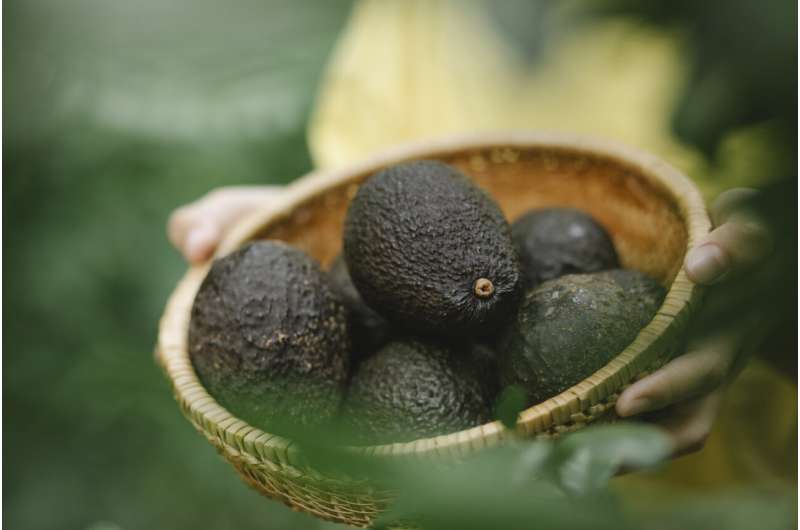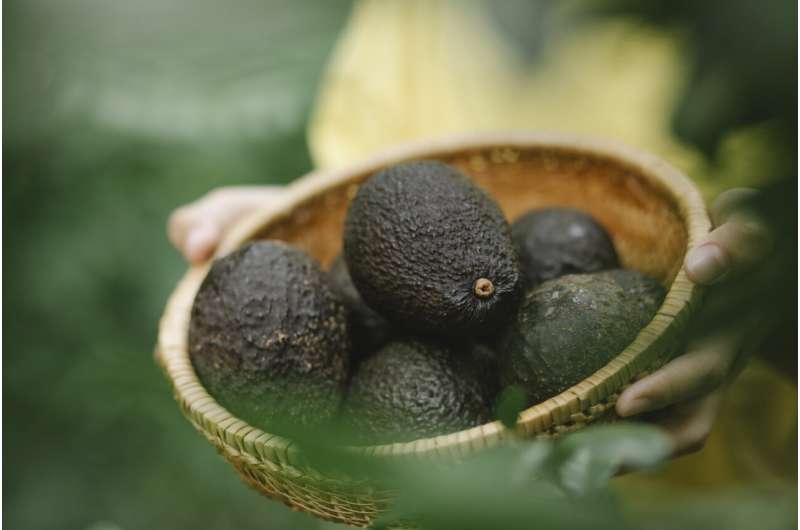Vegan is the new vegetarian—why supermarkets need to go 'plant-based' to help save the planet

Veganism is arguably the biggest food trend of the moment. This has led to a massive . In fact, the UK is now the nation with the . And with major news outlets such as and declaring 2019 the "year of the vegan", the trend promises to continue—a third of people in the UK have already .
Long-established brands tend to receive great publicity for to be vegan and newly launched meat-free products prove to be incredibly . This is great news, considering that a decrease in animal product consumption constitutes the "" to respond to environmental challenges such as the climate crisis, soil degradation and biodiversity loss.
Providing only 37% of our protein and 18% of our calories, meat, aquaculture, eggs, and dairy use 83% of the world's farmland and . A shift from animal to plant-based food production would help to . It would also help to tackle some of the , while still meeting protein and calorie requirements.
Meat-free vs vegan
But despite this trend for plant-based food, not all meat-free innovations sold in the shops are free from ingredients of animal origin. While "vegan" implies that products are fully plant-based and free from animal produce, "meat-free" or "vegetarian" products may still contain milk, dairy or other animal-based ingredients.
Alongside the emergence of plant-based newcomer brands, in recent years, established meat-alternative companies such as the meat-free giant and the traditionally vegetarian brand have started to reformulate their products to offer a bigger range of vegan options.

But many other producers of "meat alternatives" still rely on animal-based substances such as eggs and dairy. That said, many established and new product ranges that are labelled and promoted as vegetarian are, in fact, vegan, so what's going on here?
It may well be that manufacturers still hesitate to market their products in the vegan category—vegetarian feels like a safer alternative. Indeed, it's estimated that were eaten by non-vegans in 2018. Vegans make up only a small minority of consumers buying .
But it seems that when it comes to what people actually want to buy, vegan products are in high demand. , which was meant to "revolutionise the vegetarian category", was . Also, topped with "fake-meat" alongside dairy-based cheese .
Environmental impact
Looking at the numbers, the production of dairy and eggs might as the production of meat, but it still has a on the environment. And more importantly, it is built on the same unsustainable farming practices as meat production.
It's not just products marketed as meat-free that might contain ingredients of animal origin either. In the demand for more wellness products, recent innovations have led to a number of items using by-products of animal origin. These may be milk powder or fat, but can also be products or by-products of slaughter—such as animal fats, rennet or collagen. Marks and Spencer, for example, sells a "Super Water" which uses – much to the outcry of shoppers.

So given the severe impact animal-based food production has on the environment, and the trend for vegan products, wouldn't it make sense for all new vegetarian product ranges simply be made vegan?
The problem with 'vegetarian'
Traditional vegetarianism rejects meat as unethical for taking the life of an animal, whereas eggs and dairy are seen as staples and essentials for good health. This understanding goes back to the post-World War II context when factory farming was still in its infancy and milk surpluses were pushed through . But in today's age of factory farming, meat and dairy are two sides of the same coin.
Even if vegans currently only make up , there is a clear consumer push for plant-based produce. Awareness of the environmental and ethical impacts of our food system is growing and "veganism" provides a context to view the problem in its entirety. Shoppers are also keen to vary their proteins and explore plant-based milks. Vegetarians are comfortable with vegan products and products such as meat-free sausages—and crisps or chocolate chip cookies work without milk and eggs as additives.
So with the food industry continuously innovating in this market, it would make more sense for the label "vegetarian" to become redundant and to be instead replaced by "vegan". This is important because a "vegan" approach goes beyond the environmental aspects to shed light on factory farming and how it is not just cruel, . And in this sense vegetarian product launches and meat-free product innovations that rely on animal-derived substances are quite clearly a step backwards.
Provided by The Conversation
This article is republished from under a Creative Commons license. Read the .![]()


















